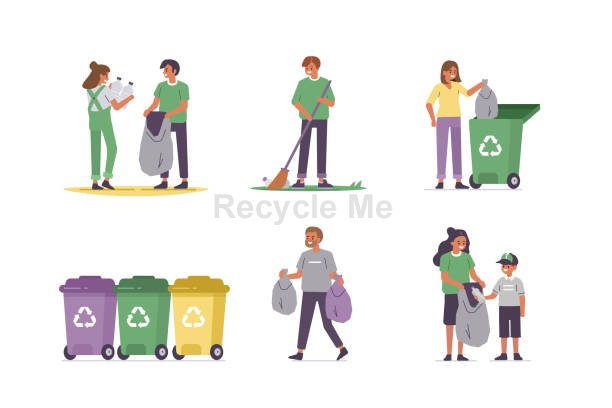
Scrap Buyer In Hyderabad
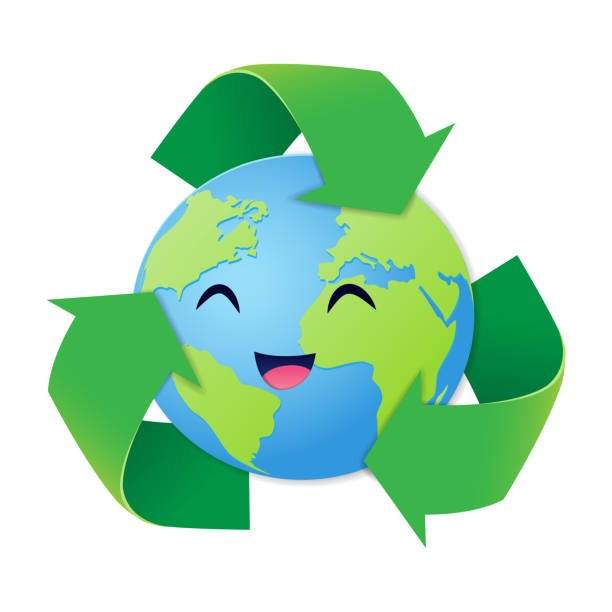
Scrap Buyer In Hyderabad, Hyderabad One Of India’s fastest-growing Cities, has witnessed significant growth in its industrial and commercial sectors. With this growth has come an increasing need for efficient waste management and recycling solutions. The city’s scrap and recycling industry plays a crucial role in managing waste, reducing environmental impact, and contributing to sustainable development. Let’s explore the scrap and recycling landscape in Hyderabad, including key components, challenges, and opportunities.
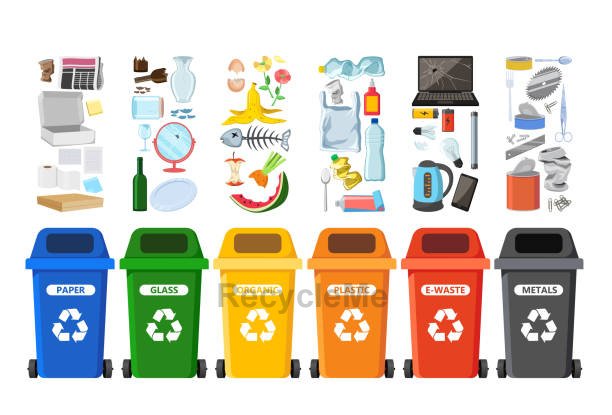
1. Types of Scrap Materials in Hyderabad
In Hyderabad, scrap materials are generated from various sectors, including households, industries, commercial establishments, and construction sites. The common types of scrap materials include:
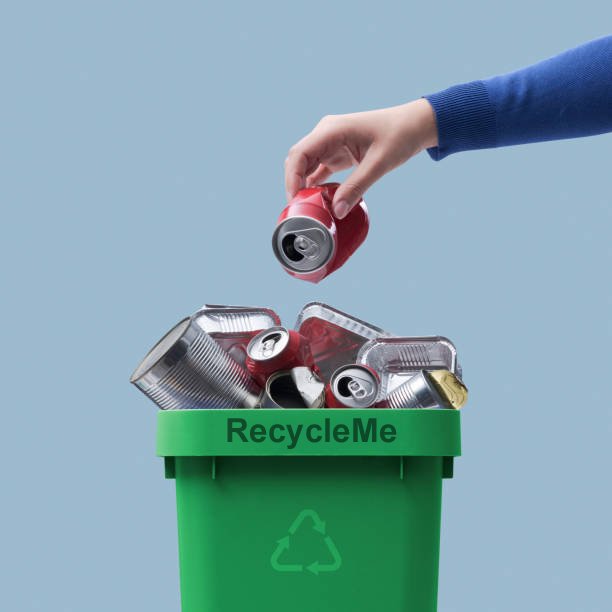
Metal Scrap
- Ferrous Metals: Scrap iron, steel, and other ferrous metals come from industries, construction, and automobile sectors.
- Non-Ferrous Metals: Aluminium, copper, lead, and zinc are valuable non-ferrous metals commonly recycled in Hyderabad. They are typically sourced from electronic waste (e-waste), old appliances, and industrial machinery.
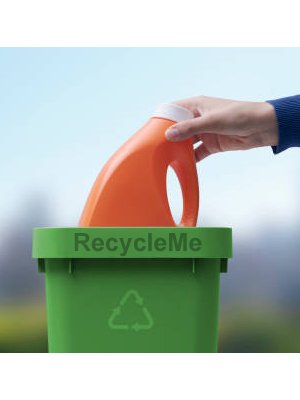
Plastic Scrap
Plastic waste is another significant component of scrap. Items like plastic bottles, packaging materials, and plastic products from households and businesses are recycled in the city. The local recycling industry is focusing on improving the processes for recycling various types of plastics, including PET, PVC, and HDPE.
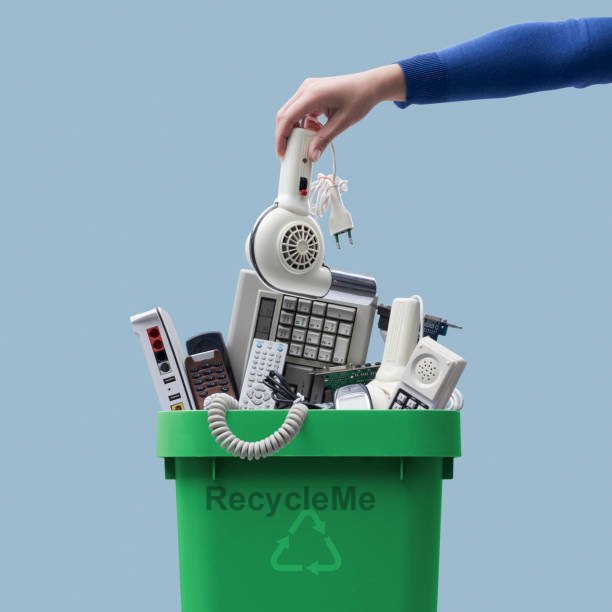
E-Waste (Electronic Waste)
Hyderabad is a hub for the technology and IT sectors, which generates a substantial amount of electronic waste. Items like old computers, mobile phones, televisions, and other electrical appliances contribute to the growing e-waste problem in the city. Proper recycling and disposal of e-waste are critical to prevent hazardous materials like lead, mercury, and cadmium from contaminating the environment.
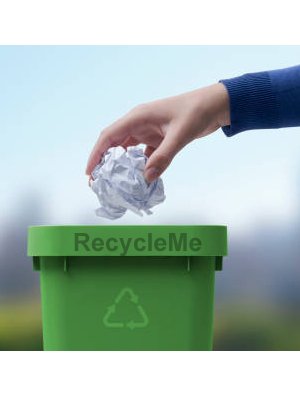
Paper Scrap
Used paper, cardboard, newspapers, magazines, and other paper products also make up a large portion of scrap. Paper recycling is widely practiced in Hyderabad, as it reduces deforestation and energy consumption in paper production.
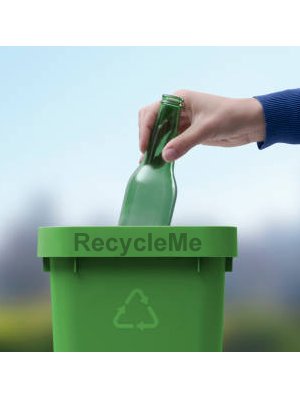
Glass Scrap
Glass waste is generated from broken bottles, jars, and windows. While it is not as prevalent as other scrap materials, glass recycling is an essential part of Hyderabad’s waste management process.
The recycling process involves several steps, from collection to processing and eventual sale of the recycled products. In Hyderabad, the following stages are typically involved:
a) Collection
Scrap collection is the first step in the recycling process. It can be done through various means:
- Door-to-door collection: Many scrap dealers in Hyderabad provide door-to-door services to collect metal, plastic, paper, and other types of waste.
- Recycling Centers and Drop-off Points: These are designated areas where individuals and businesses can drop off their recyclable items.
- Industrial Collection: Large-scale industries often have dedicated systems for collecting scrap materials, such as metal and e-waste.
b) Sorting and Segregation
Once the scrap is collected, it is sorted based on material types (metal, plastic, paper, glass, etc.). Proper segregation is crucial as it ensures that the materials can be processed efficiently. In some cases, specialized machines and manual labor are used to separate metals from non-metals or plastics from paper.
c) Processing and Recycling
After sorting, the materials undergo the recycling process. For example:
- Metals are melted down in furnaces, cleaned, and reformed into new products like sheets, rods, or wires.
- Plastics are shredded and melted to produce new plastic items, such as packaging materials or containers.
- E-waste is dismantled to recover valuable metals like gold, silver, copper, and aluminum.
- Paper is pulped, cleaned, and processed into new paper products.
- Glass is melted and reformed into new glass containers.
d) Sale of Recycled Products
Recycled materials are then sold to manufacturers who use them as raw materials for producing new products. In Hyderabad, industries such as construction, packaging, and automotive are significant consumers of recycled materials.
3. Scrap and Recycling Market in Hyderabad
The scrap and recycling market in Hyderabad is growing rapidly, thanks to rising awareness about sustainability and the economic benefits of recycling. Several factors contribute to this boom:
a) Urbanization and Population Growth
With rapid urbanization and population growth, Hyderabad generates a large volume of waste. This has prompted the need for more organized and efficient scrap collection and recycling systems.
b) Industrial and Commercial Growth
Hyderabad’s industrial sector, especially in IT, manufacturing, and automobiles, generates significant amounts of scrap. Industries are increasingly turning to recycling to reduce costs and comply with environmental regulations.
c) E-Waste Recycling
Given the city’s status as an IT and tech hub, e-waste recycling is a major segment of the scrap industry. There is a growing need for specialized e-waste management and recycling services that can safely handle the hazardous components found in electronic waste.
d) Government Initiatives
The local government has been working to improve waste management and recycling through initiatives like the Solid Waste Management Rules, 2016, and other environmental policies. The city’s municipal corporation, Greater Hyderabad Municipal Corporation (GHMC), has made efforts to promote recycling through awareness campaigns and infrastructure development.
4. Challenges in Scrap and Recycling in Hyderabad
Despite the growing importance of the recycling industry, there are several challenges to effective scrap management in the city:
a) Lack of Awareness
Many residents and businesses are not fully aware of the benefits of recycling, leading to improper disposal of scrap and recyclable materials. Public awareness campaigns and education are crucial to encourage responsible waste disposal.
b) Informal Recycling Sector
A large portion of scrap collection and recycling is still done informally by ragpickers or small-scale scrap dealers. While this sector helps in waste collection, it lacks proper safety standards and environmental controls. There is a need for formalization of the sector to ensure better working conditions and environmental compliance.
c) E-Waste Disposal
E-waste is particularly difficult to recycle due to the complex and hazardous materials involved. There is a shortage of specialized recycling facilities to safely handle electronic waste. Additionally, illegal dumping of e-waste remains a significant problem.
d) Lack of Proper Infrastructure
Although the city has made strides in waste management, there is still a lack of advanced infrastructure for large-scale recycling. More investment in modern sorting, processing, and recycling facilities is needed to handle the growing volume of waste.
5. Future Outlook for Scrap and Recycling in Hyderabad
Hyderabad’s scrap and recycling industry is poised for growth, driven by increasing waste generation, industrial growth, and environmental awareness. The city is gradually embracing more advanced recycling technologies, such as automated sorting systems and eco-friendly methods of recycling. The government’s push for a circular economy and better waste management practices will further accelerate the development of the recycling industry.
Opportunities for the Industry:
- Investment in Technology: The adoption of advanced recycling technologies can help improve efficiency, reduce contamination, and increase the recovery of valuable materials.
- Public-Private Partnerships: Collaborative efforts between the government, private sector, and local communities can enhance waste management systems.
- Job Creation: As the industry formalizes, there will be more opportunities for skilled labor in the recycling and waste management sectors.
Conclusion
The scrap and recycling industry in Hyderabad is an essential part of the city’s sustainability efforts. By effectively managing and recycling waste, Hyderabad can reduce environmental pollution, conserve natural resources, and foster a circular economy. Despite challenges such as inadequate awareness and infrastructure, the city is making strides toward a cleaner, greener future, with significant potential for growth in the recycling sector.
